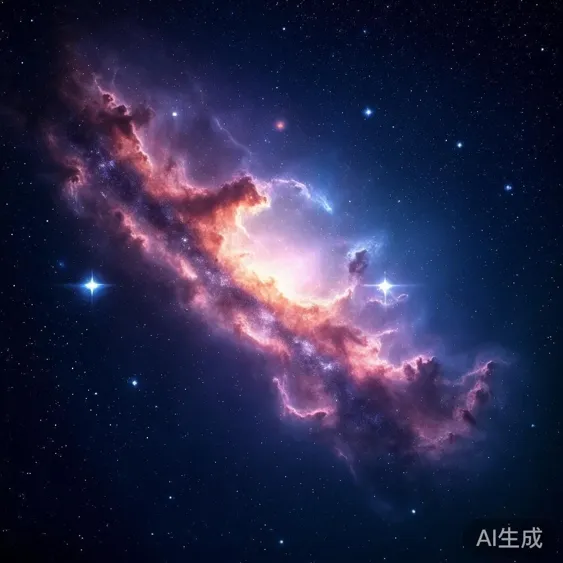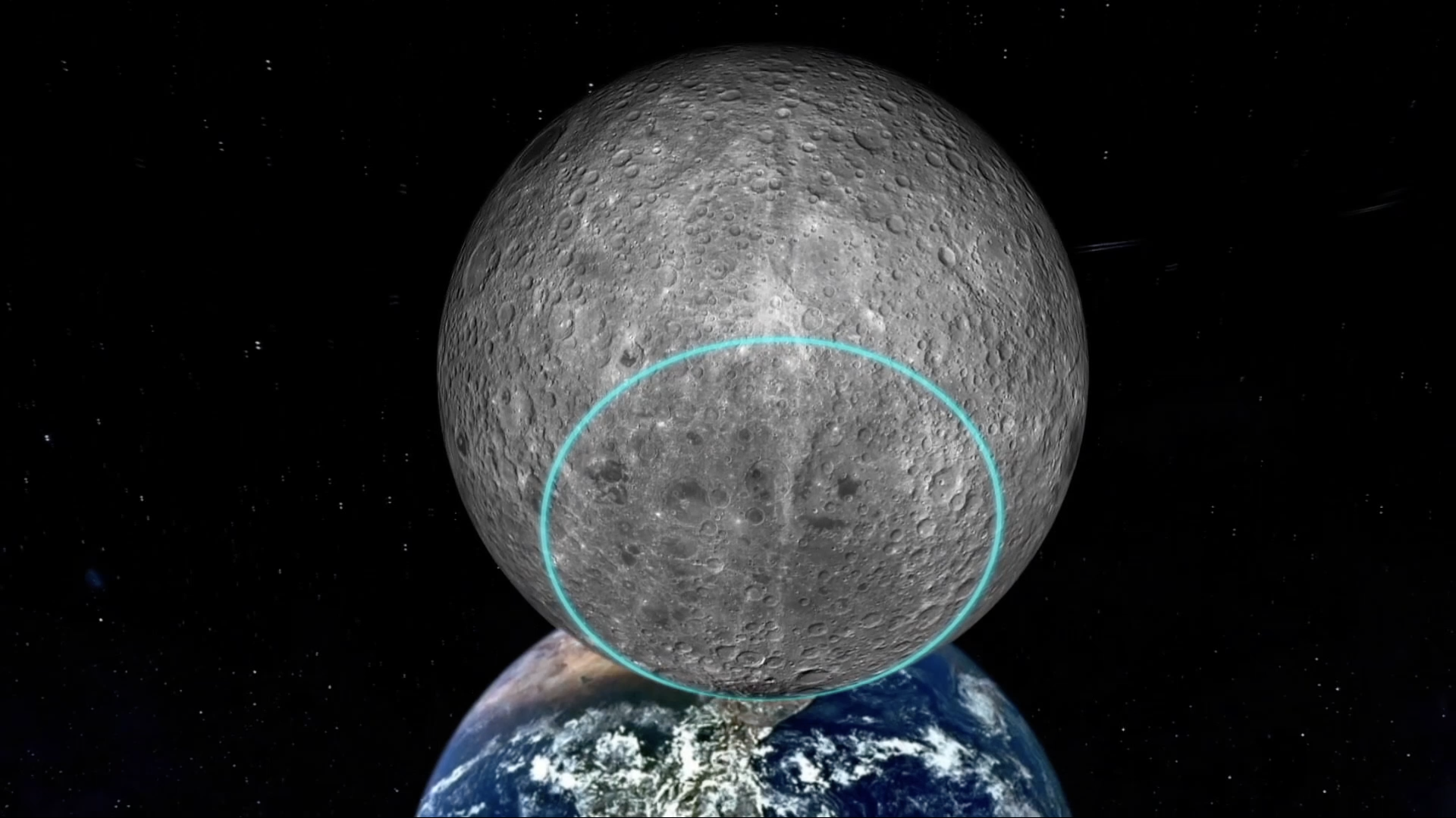Cosmos 482: A Reflection on Space Exploration

The recent re-entry of the Soviet Union's Cosmos 482 Venus probe, after drifting in space for 53 years, opens a Pandora's box of discussions surrounding long-lost space missions. Launched in 1972, the probe's landing capsule returned to Earth's atmosphere on May 10, 2025, falling into the northeastern Indian Ocean. What makes this event particularly noteworthy is not just the capsule's journey but the overarching themes it brings to light about humanity's exploratory pursuits and the environmental considerations of space debris.
The Cosmos 482 probe was designed for exploring Venus, a planet known for its extreme conditions, including high temperatures and crushing atmospheric pressure. This unique engineering allowed the capsule to survive re-entry, making it a subject of scientific intrigue for years. Although many artificial satellites are destroyed upon re-entering Earth's atmosphere, the design of this capsule, capable of withstanding intense heat and pressure, highlights the complex challenges of space exploration and the need for robust engineering solutions. Yet, the speculation surrounding its landing—especially concerning its angular re-entry—is a stark reminder of the unpredictability of space missions. Just like a javelin thrown with perfect precision, even the slightest miscalculation can lead to disaster, and in this case, it raises questions about what could have happened had it fallen in a populated area.
Moreover, the fallout from space debris is an increasingly pressing concern in an age where space exploration has become more common. With humanity's footprint in near-Earth orbit expanding, the risk of larger pieces of space junk entering the atmosphere grows. Historical precedents, such as the 1997 incident involving a fragment from a retired rocket striking a woman in Oklahoma, emphasize the potential dangers. The ever-present question is how can we responsibly manage our growing waste in space? As missions like the upcoming Venus 17 extension are planned, this raises urgent discussions about sustainability in our quest for cosmic knowledge and the responsibilities that come with it.
The Cosmos 482 incident not only serves as a fascinating case study of engineering resilience but also ignites a conversation about the future of space exploration. As we navigate this expanding frontier, how do we balance our aspirations for discovery with the imperative to protect our planet and its inhabitants from the possible repercussions of our ventures into space?
Read These Next

Global Leaders and Tech CEOs Unite in Paris for AI Summit
A summit in Paris addressed AI innovation and responsibility, emphasizing the need for international cooperation and regulation.

China Calls on US to Avoid Politics in COVID-19 Origins Probe
China urges the US to halt political maneuvering on COVID-19 origins, emphasizing transparency and international collaboration.

Moon Soil Samples to be Featured at World Expo 2023
Moon soil samples from China’s Chang'e-6 mission will be showcased together for the first time at World Expo 2025 in Osaka.
